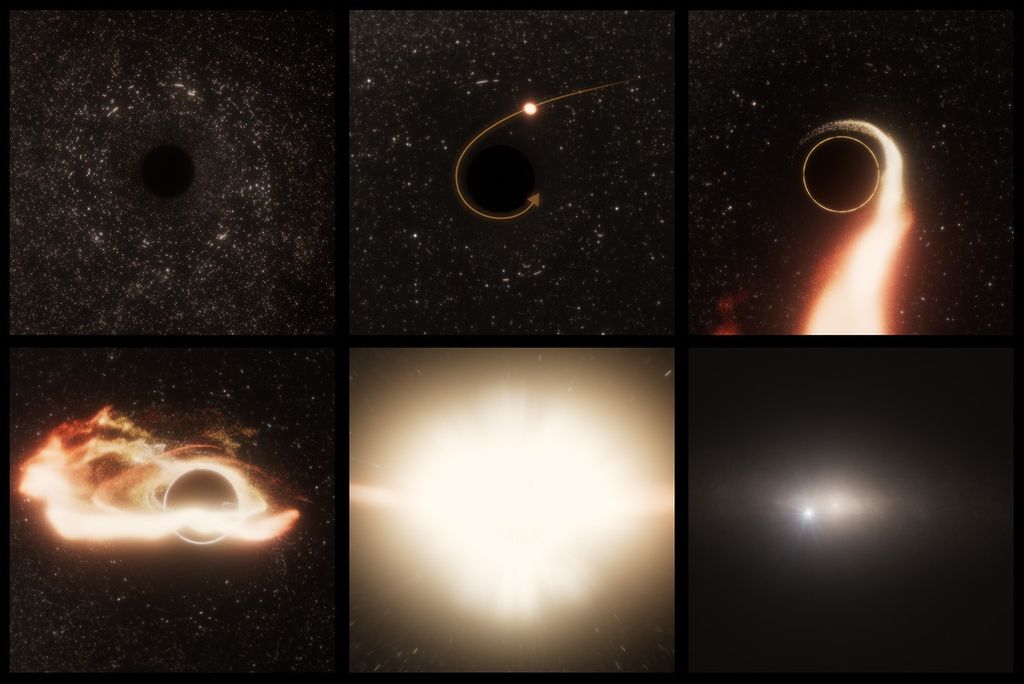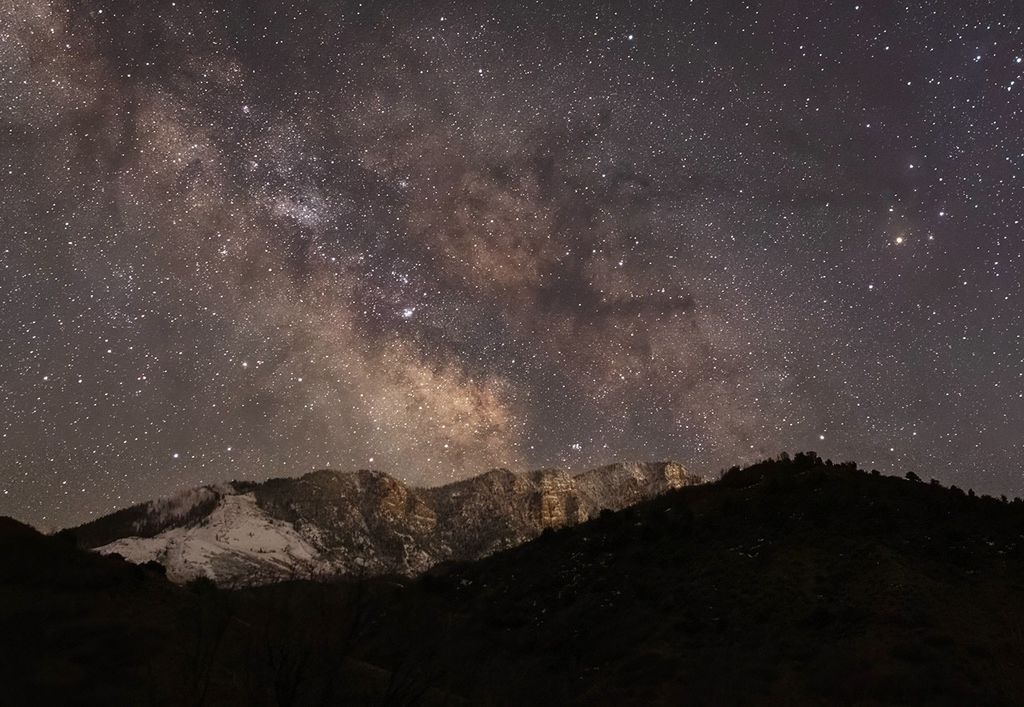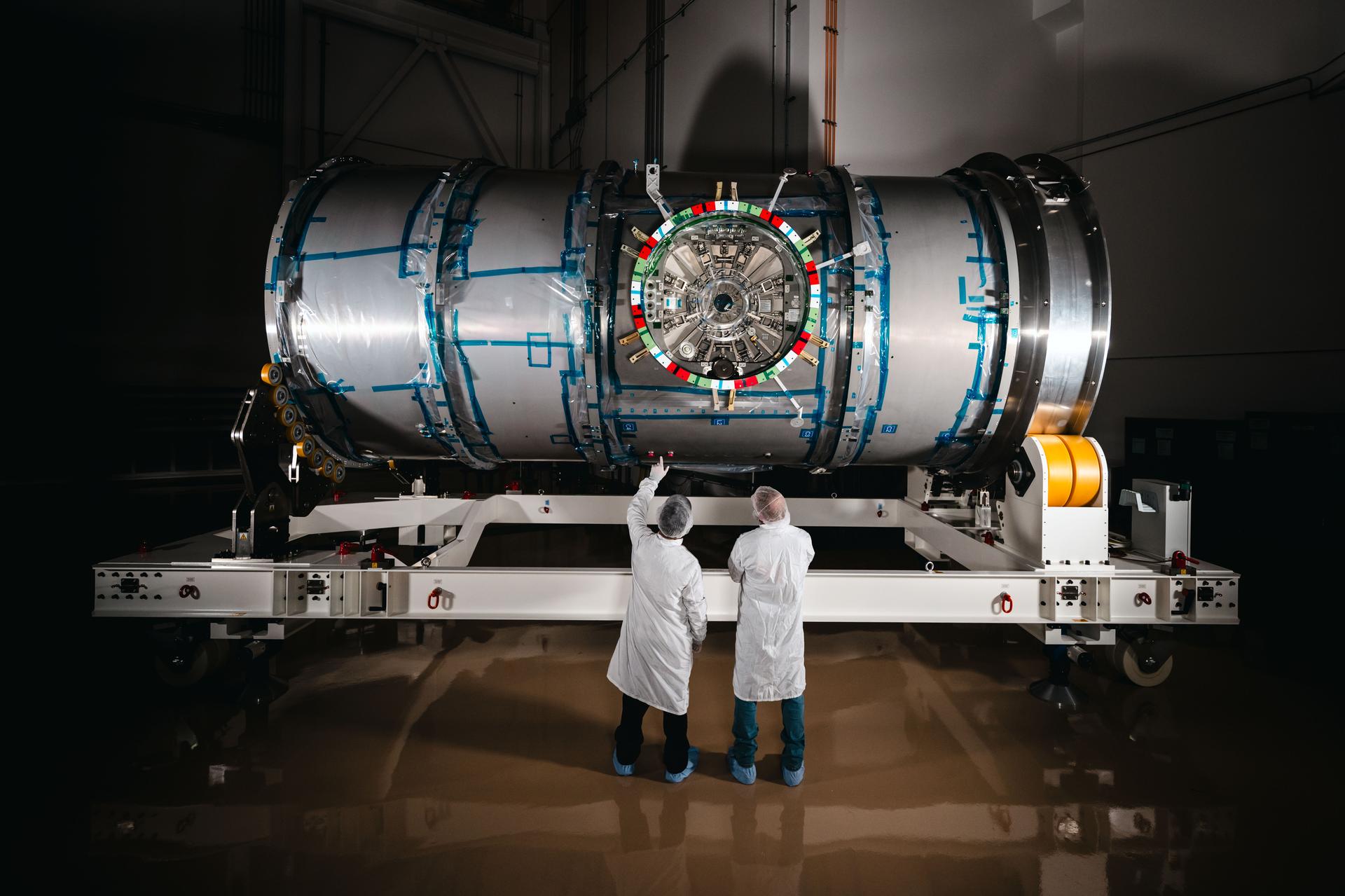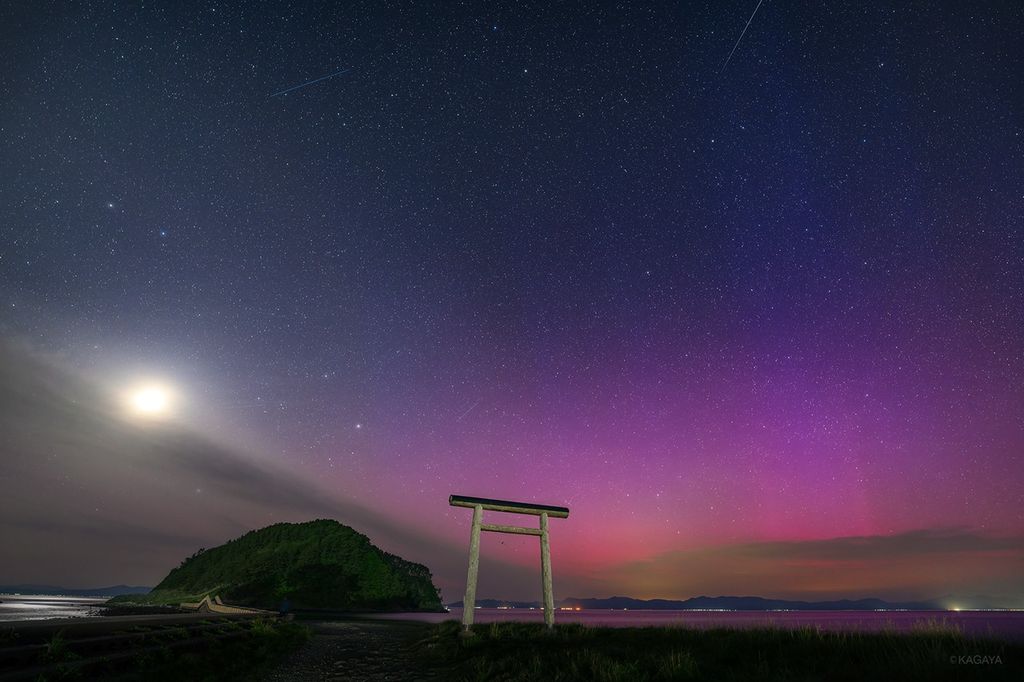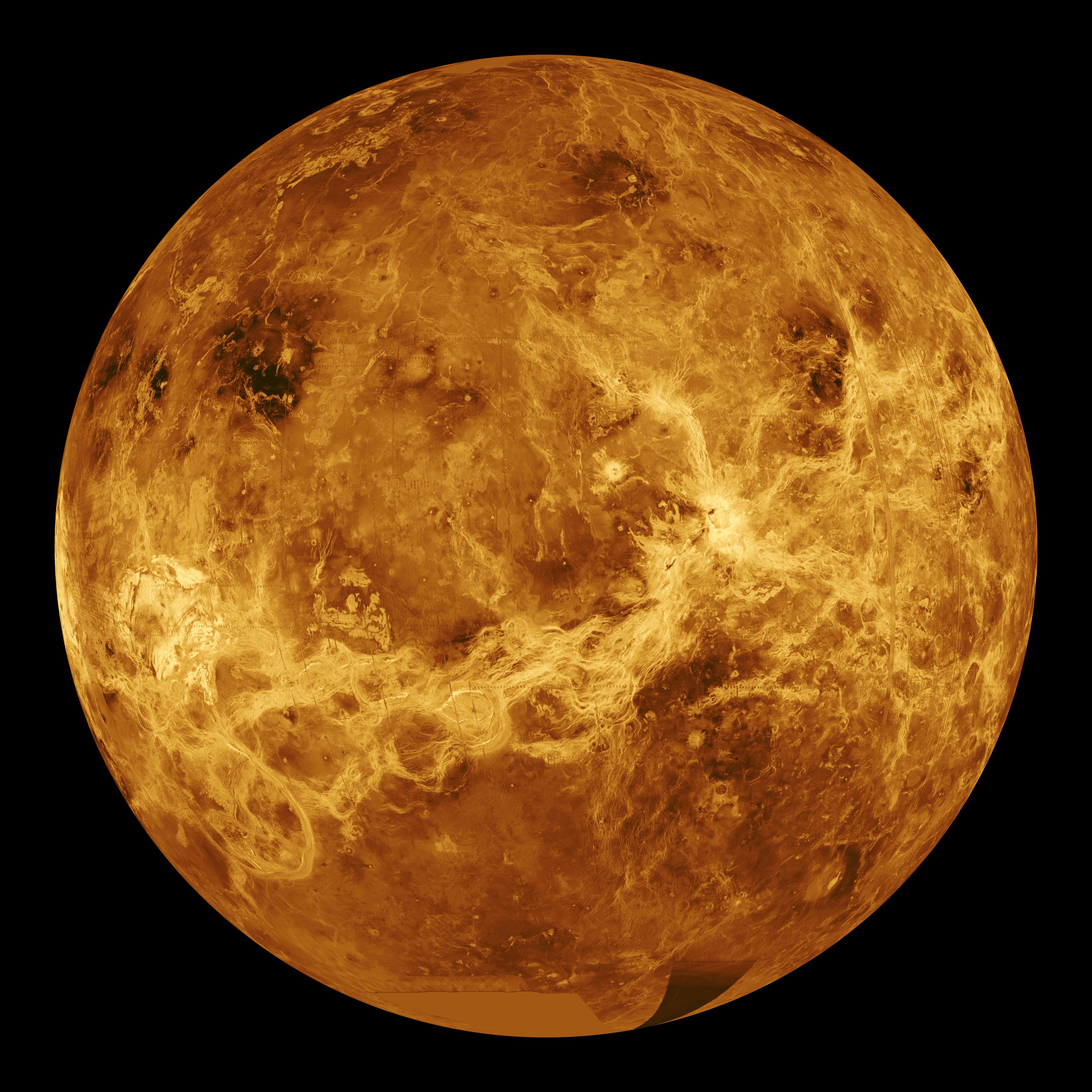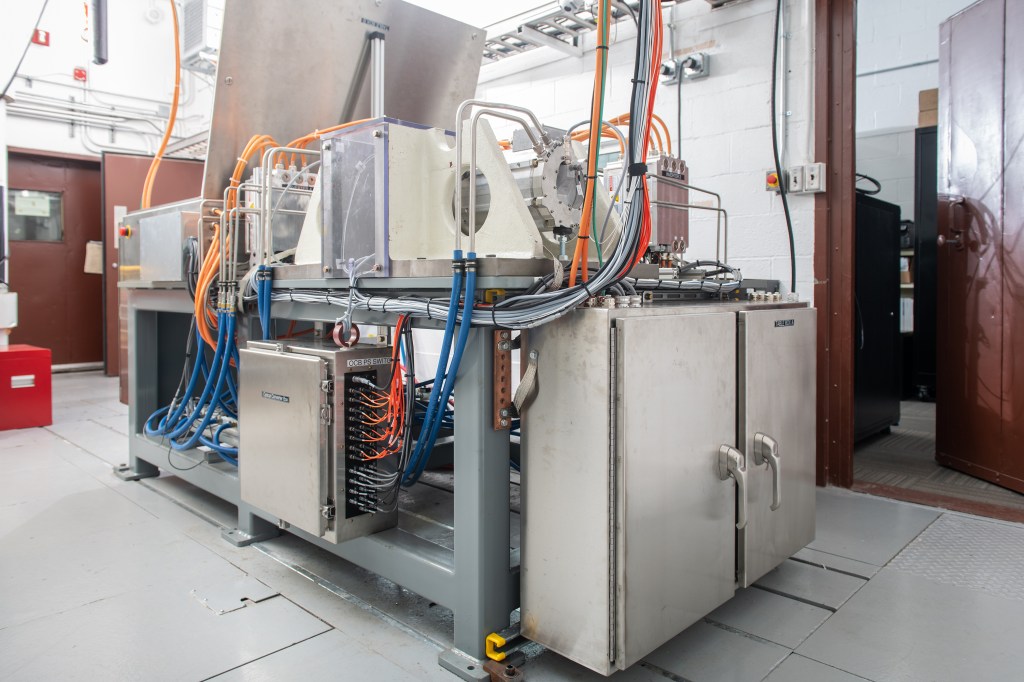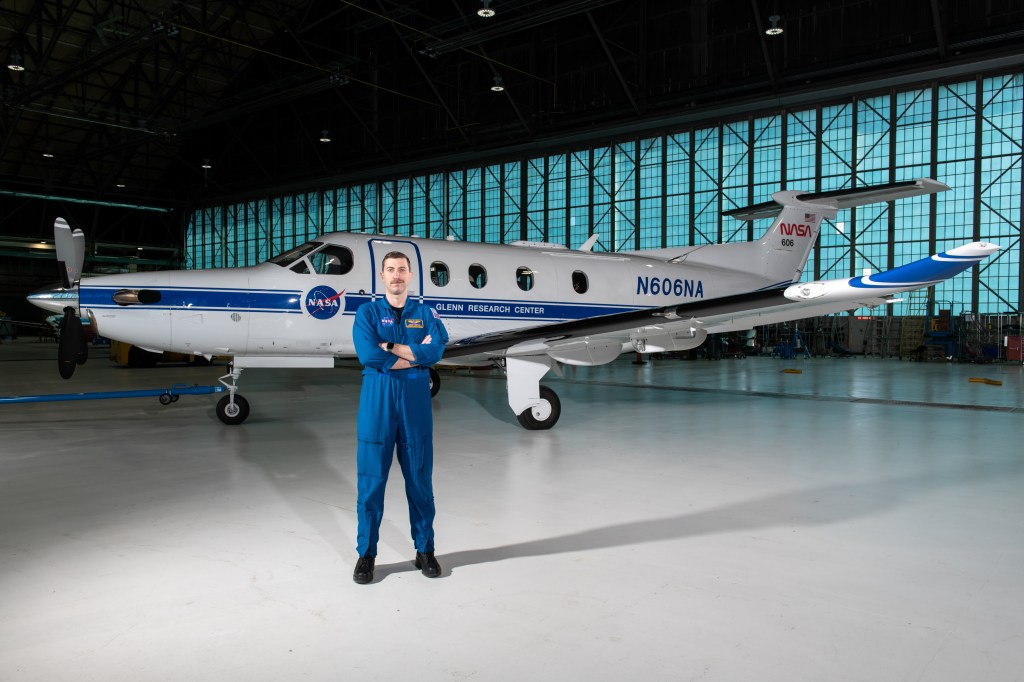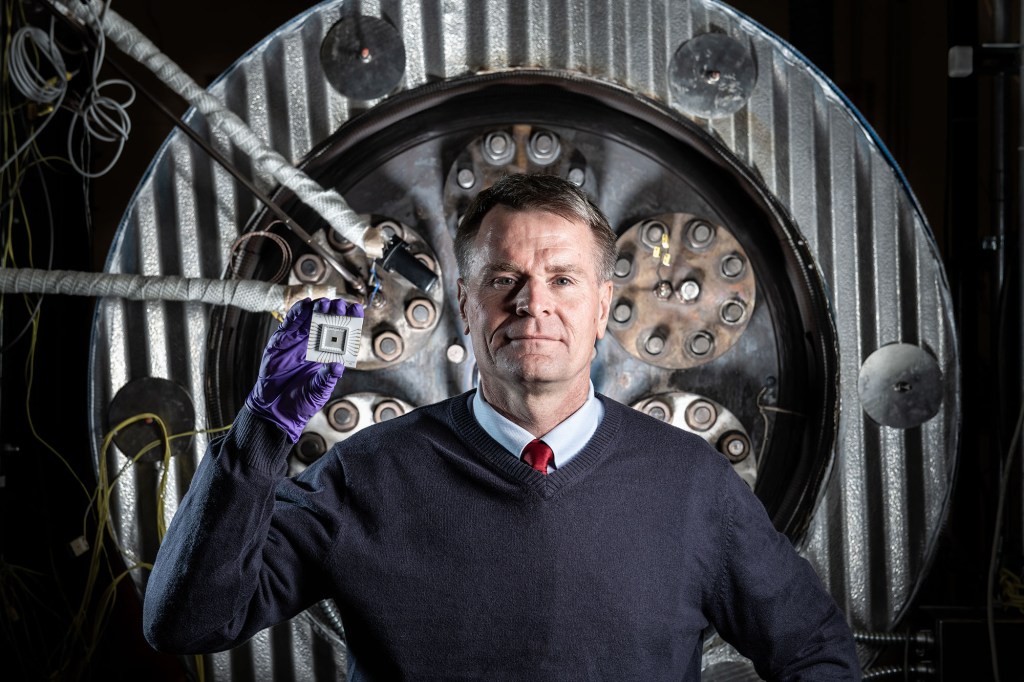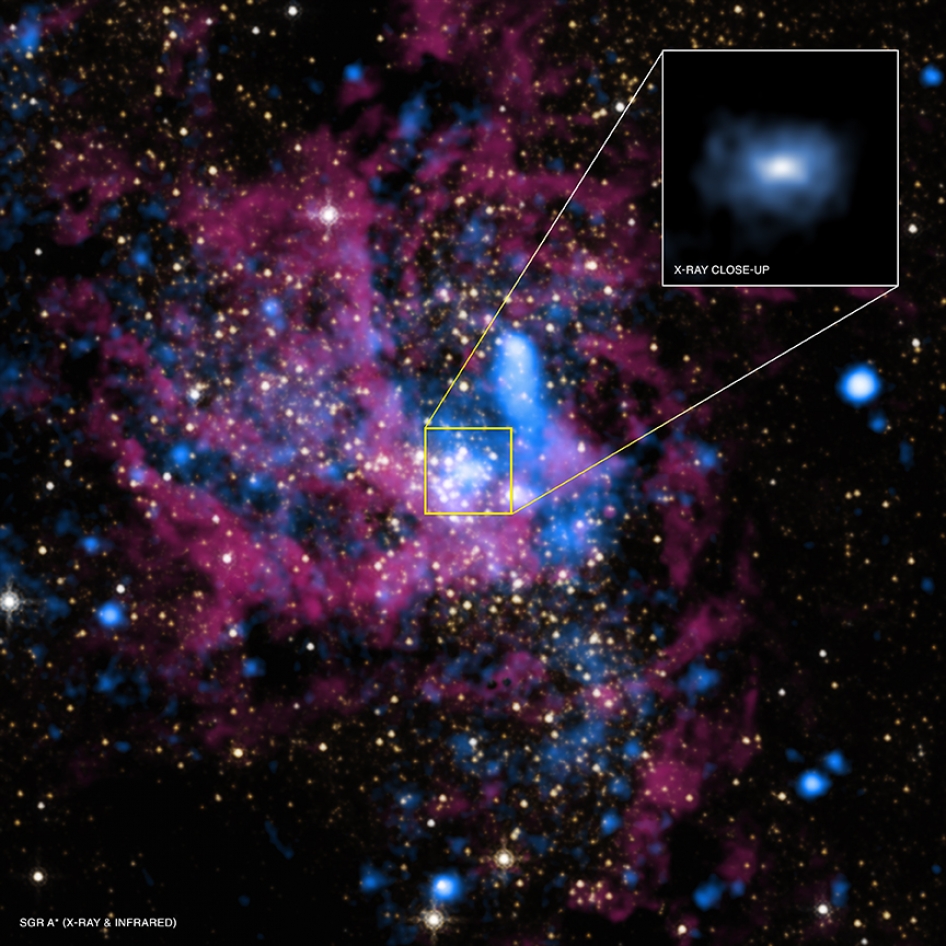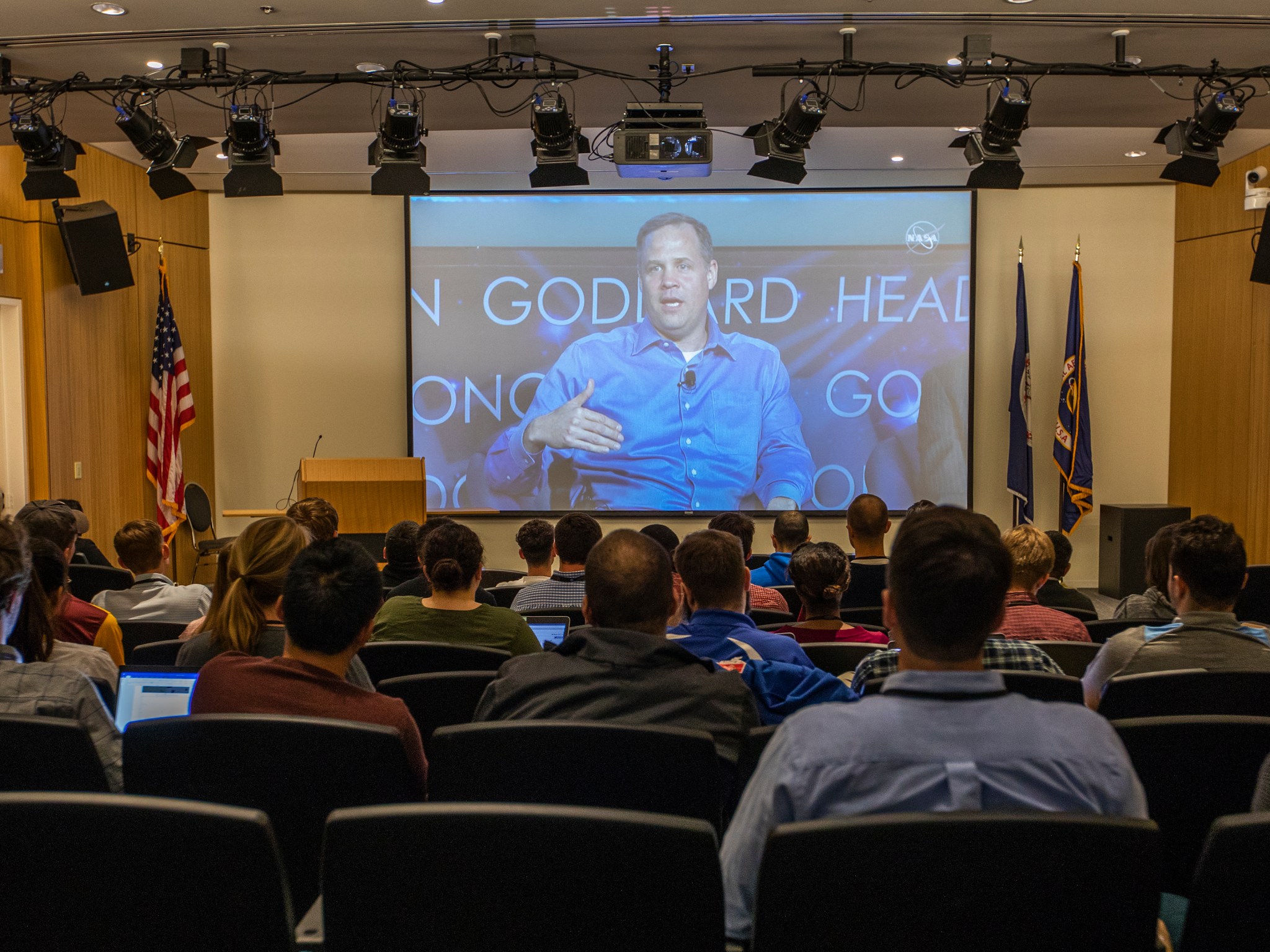NASA’s Office of STEM Engagement hosted “The Future of Space” broadcast Monday at 2 p.m. EDT, opening opportunities for both high school and college students to ask questions to astronauts and NASA officials alike. At NASA’s Langley Research Center in Hampton, Virginia, the spring interns gathered together to watch the broadcast.
Across the nation, participants submitted questions through Facebook and Twitter with the hashtag #askNASA to participate in a live Q&A to learn more about NASA’s plans to go forward to the Moon and beyond. From the International Space Station, astronauts Nick Hague and Christina Koch answered questions. On Earth at NASA Headquarters in Washington, D.C., Administrator Jim Bridenstine, Associate Administrator William Gerstenmaier and Deputy Associate Administrator Steve Clarke participated as well.
Some of the many topics discussed included how to pursue a STEM career, how non-engineering students can help NASA reach its goals, and how astronauts stay mentally healthy. Astronauts and administrators alike gave thoughtful answers to questions, inspiring future students to continue into STEM in the future.
“There is certainly not one way to come to NASA,” said Bridenstine, about future career opportunities at NASA. “There is no shortage of opportunities for folks who want to get involved in space even if you’re not an engineer or a scientist.”
At the conclusion of the broadcast, Langley’s Director Dave Bowles took questions. He emphasized to the Langley interns the importance of STEM in our modern era. “You are here at an amazing time and amazing point in history,” he said.
After the broadcast and Bowles’ remarks, Langley intern Saman Rostami recounted why his NASA Internship was so important to him. “It helped me figure out my passion for aerospace materials to the extent that I changed my Ph.D. program midway,” he said
Rostami continued, saying, “STEM education is important because it can be applied to every aspect of life. The new direction of moving towards the Moon in 2024 opens a huge venue for students to find their passions and interests like I did.”
Andrea Lloyd
NASA Langley Research Center


